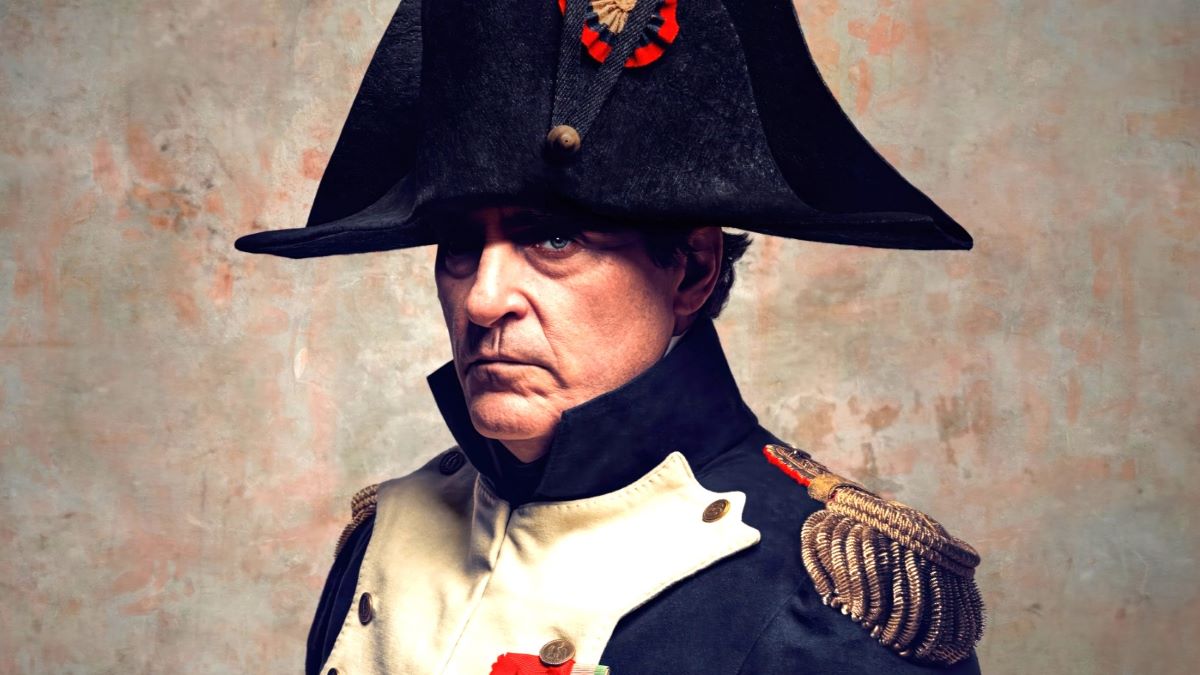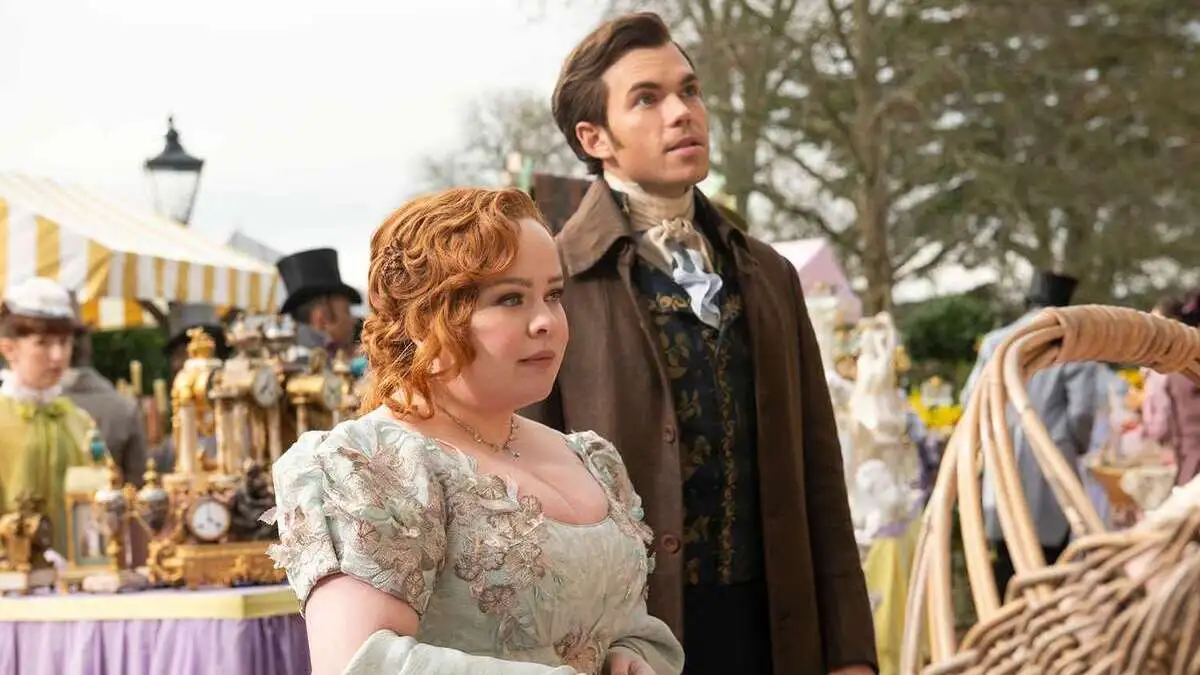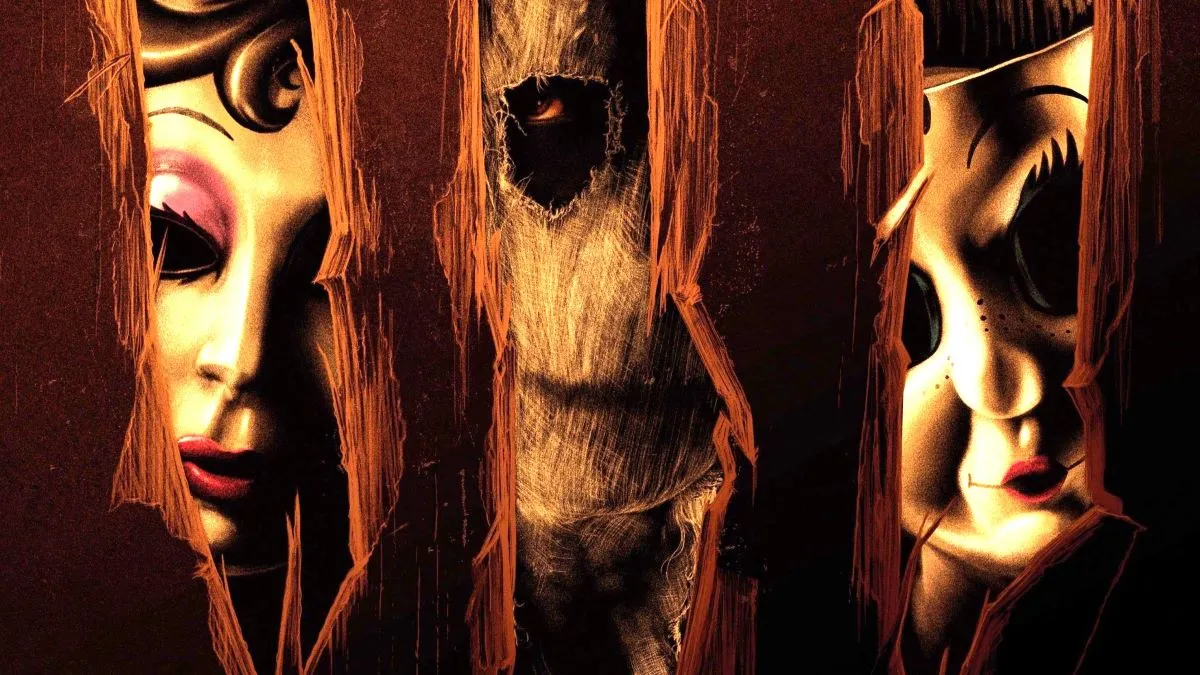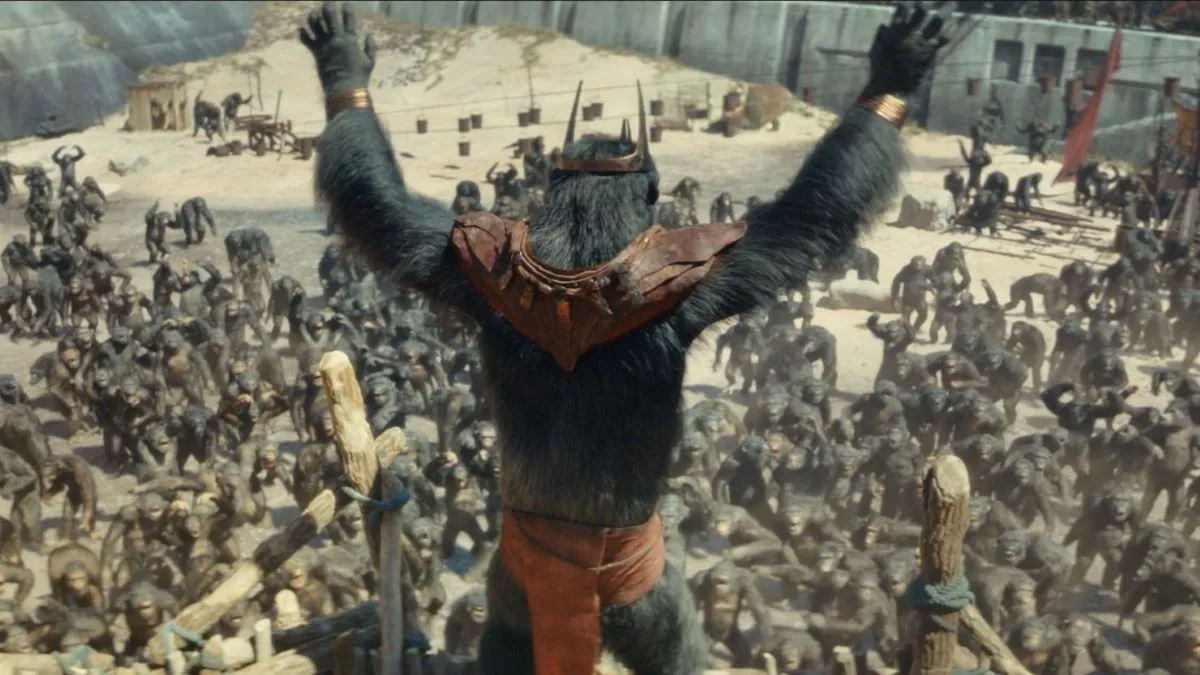The ‘man of destiny’ trope is a bunch of rubbish. Social movements, economic conditions, and natural phenomena are all more important than any singular person when it comes to shaping human history, and even the greatest and most daring of figures are usually slaves to larger forces.
There are a few exceptions to that rule, and Napoleon Bonaparte undoubtedly falls into that category. So, it’s no surprise people keep making films about him, with the latest being the straightforwardly titled Napoleon.
Stanley Kubrick, who famously failed to get his movie about the French general made, called Napoleon “one of those rare men who move history and mould the destiny of their own times and of generations to come.” The difficulty of capturing everything Bonaparte represents, plus financial issues and bad timing, goes some way to explaining why even one of the best directors of all time couldn’t make a picture worthy of the man who conquered Europe.
Of course, Kubrick wasn’t perfect (take his interpretation of Lolita, which manages to miss the point of Nabokov’s novel so spectacularly it would be impressive if it wasn’t so gross), but other attempts to tell the on-screen story of the military genius who conquered Europe have also fallen flat. Legendary director Ridley Scott is the latest to take up the mantle, and has been his usual confident and curmudgeonly self in his attempt to commit a biopic about the Corsican to film. Now, we finally have the outcome.
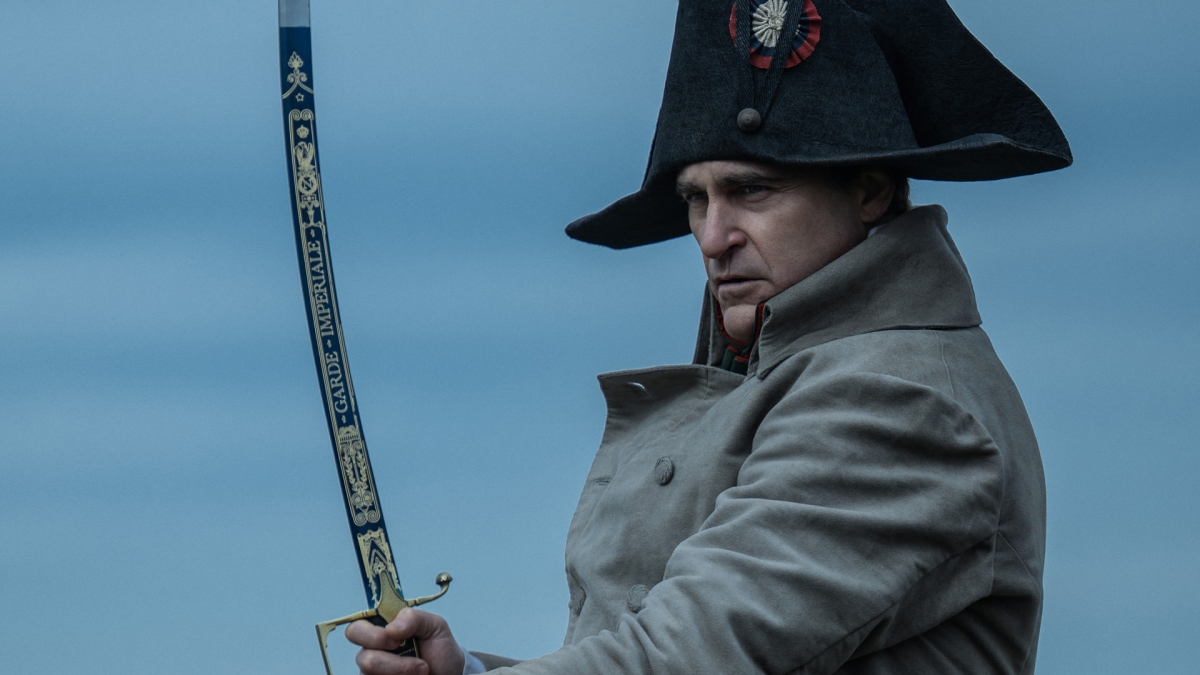
The first thing to say about Napoleon is that the crowd at the cinema in my ultra-liberal, university city was full of people of a certain vintage. Older generations came of age in the world of Thatcher and Reagan so perhaps it makes sense that the all-conquering, singular genius Napoleon appeals to this audience, just as it makes sense that it appealed to Kubrick, Scott, and Spielberg, who has long been said to be interested in making a TV series about Napoleon with Kubrick’s notes. Or, maybe it was just because the screening was in the middle of the afternoon, and retirees were the only ones about.
What this means for the movie is that Napoleon’s string of successes defy narrative structure, until the final few years when he can be recast as an Icarus figure. This means the first half of Scott’s film feels disjointed and flat, stitched together by on-screen exposition in the form of dates and events.
These written asides belie the director’s anger against those who called out Napoleon‘s lack of historical accuracy, an issue that has dogged its promotion period. When questioned about Napoleon’s fabricated trip to the pyramids, Scott invoked a Trumpish defence that involved the phrase “you weren’t there,” only adding to my boomer theory.
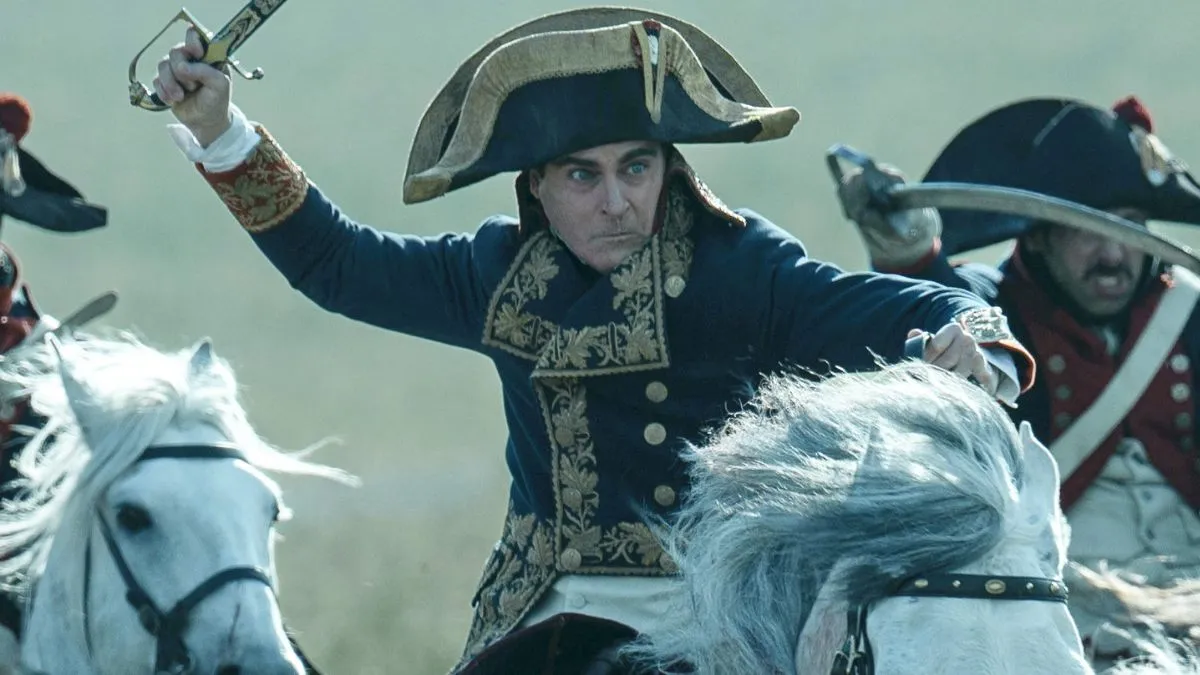
Then again, this isn’t a documentary. It’s Hollywood, baby, so it’s all about narrative, not facts. With that in mind, the story Scott is telling begins in the same place as the metric system: with the French Revolution. We get a visceral close-up of Marie Antoinette being beheaded, followed by France devolving into the Terror. Soon, a young, upstart general is commanding troops and beating off the superior British Navy. The audience is supposed to be impressed by Napoleon’s genius – and we are – but during this time Scott does something else vital for the story: he makes the great conqueror seem human.
Much of this is thanks to the excellent Joaquin Phoenix. His Napoleon stumbles off horses and falls down stairs, as ungraceful as the famous general’s battle plans aren’t. He pines after Josephine (Vanessa Kirby, also brilliant) like a teenage boy whose body is too small for his feelings, and is unable to enforce his iron will on her as he does everything else. This is the only plotline carrying tension in the first half of the film, and it does it admirably, but it isn’t enough.
Napoleon even seems to fear cannon fire a little at the beginning, as he slams his palms towards his ears when one’s about to go off. This action is dropped when he’s in the ascendancy in the movie’s triumphant middle section, but the gesture returns in the final battle at Waterloo. Film is a visual medium, after all.
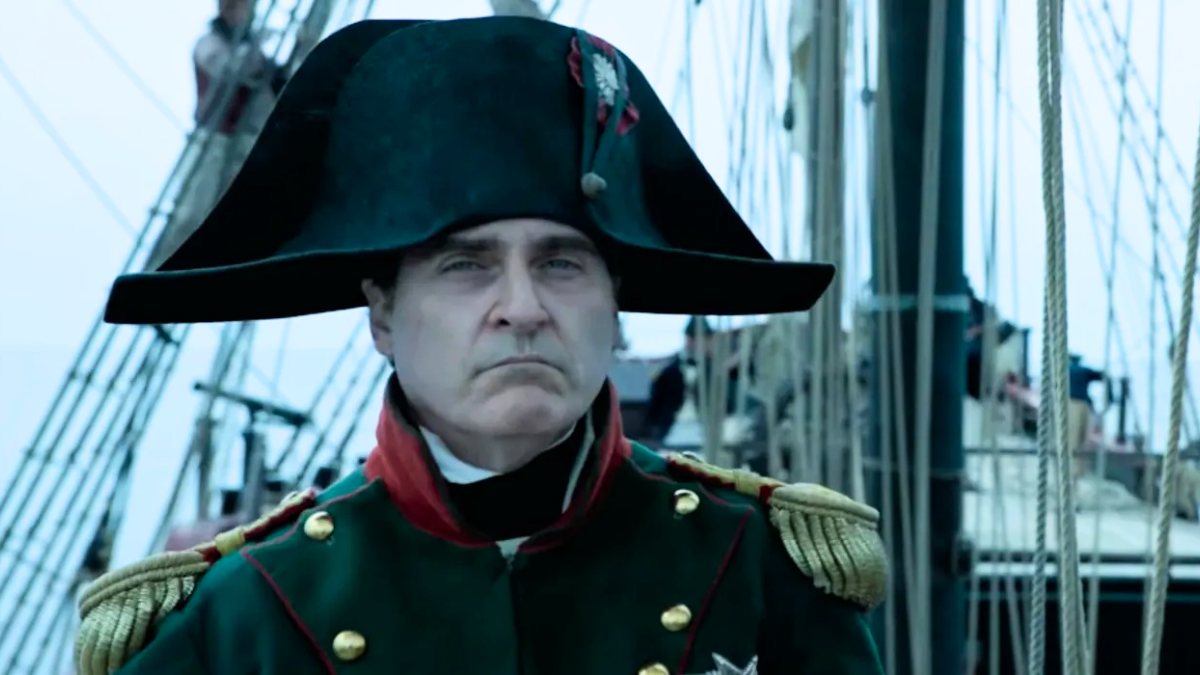
On that note, Napoleon is an aesthetic feast as much as it’s an attempted character study, but that’s to be expected from the man who crafted Blade Runner and Gladiator, and who is known for his elaborate, artistic, and bordering-on tyrannical storyboarding. The pacing, especially in the much better latter part of the film, keeps things engaging, although that’s helped by the fact the story of Napoleon’s life takes on more of a familiar narrative during its second act.
While the battle scenes are wonderfully choreographed, when it comes down to it this is a story about Napoleon’s life, and here Scott fails to do anything of interest. The way he showcases the general’s obsessive love of Josephine is heavy-handed and, frankly, a bit awkward, especially during early sex scenes when the general humps her like a chihuahua. Phoenix and Kirby try their best, and are often compelling, but at times it feels clunky and awkward, and not in the way that Scott wants it to.
Scott has been candid about how much he’s put into the film, which is probably why he’s so tetchy about the outcome. Aside from his feud with historians, he also butted heads with French detractors of the film. His very British dismissal of his critics was to claim that the French “don’t even like themselves.”
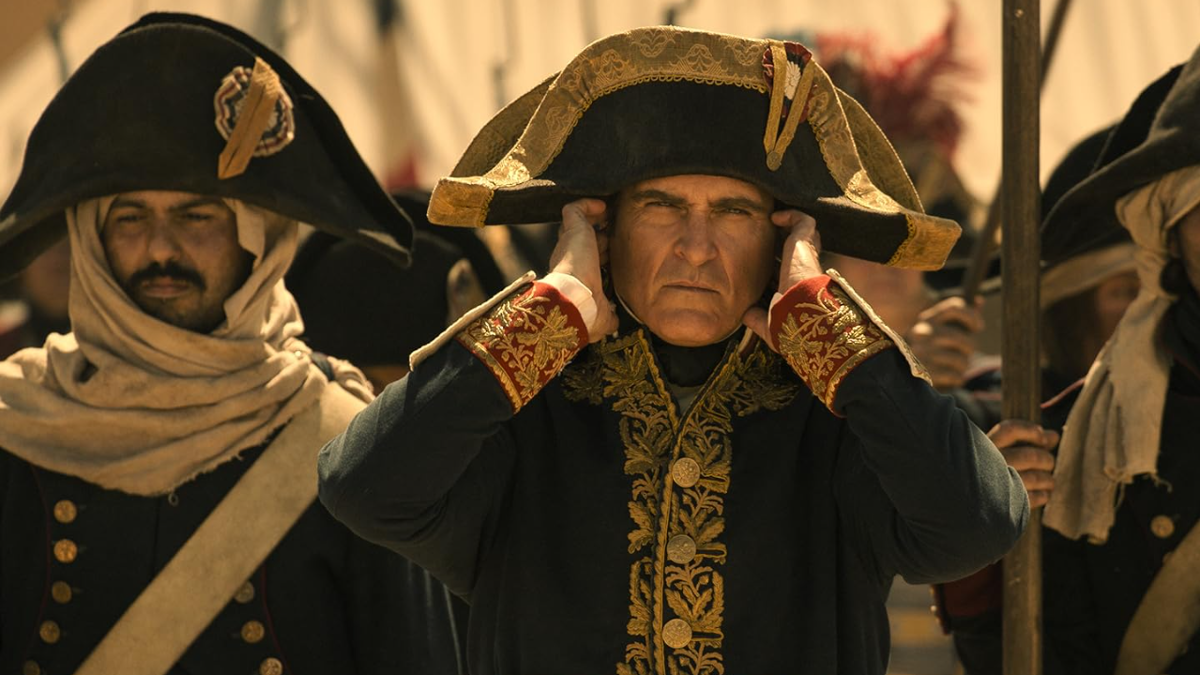
The Alien director isn’t exactly known for biting his tongue, but it’s obvious he’s on the defensive here. And, that’s probably the film’s biggest weakness: it tries to take on too much and ends up stretching itself too thin, despite its immense runtime. It’s no surprise the final, better half of the film covers a period of a few short years, versus the sweeping arc that defines the first. If anything, this could have been a great 90-minute film about the Napoleonic Wars, but because it’s a passion project, it’s bloated.
The thing about Napoleon as a character is that he proves that yes, some people are special. And Scott, with his extensive and beloved oeuvre, also shows that. The problem with Napoleon is, despite being gorgeous to look at and backed by great performances, it’s distinctly not special. If anything, unlike its immense subject matter, it’s easy to forget.

